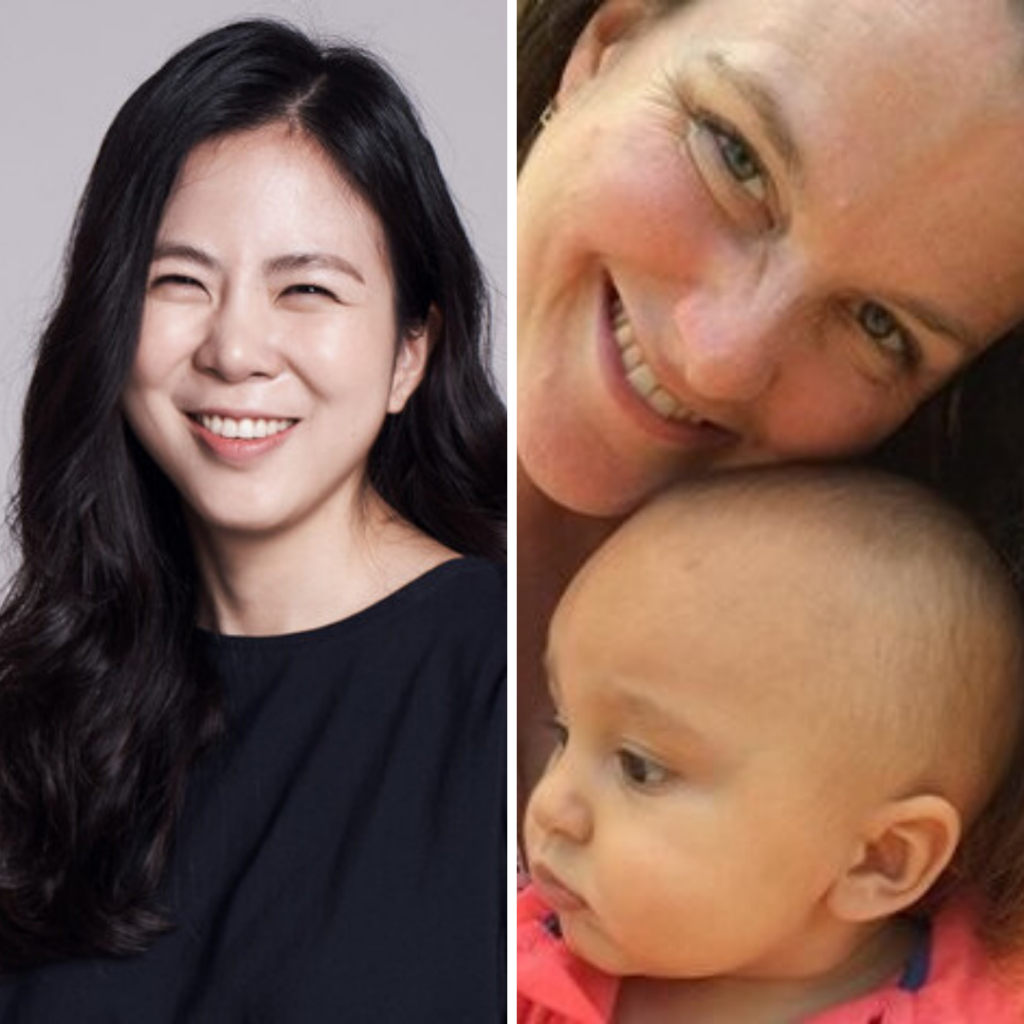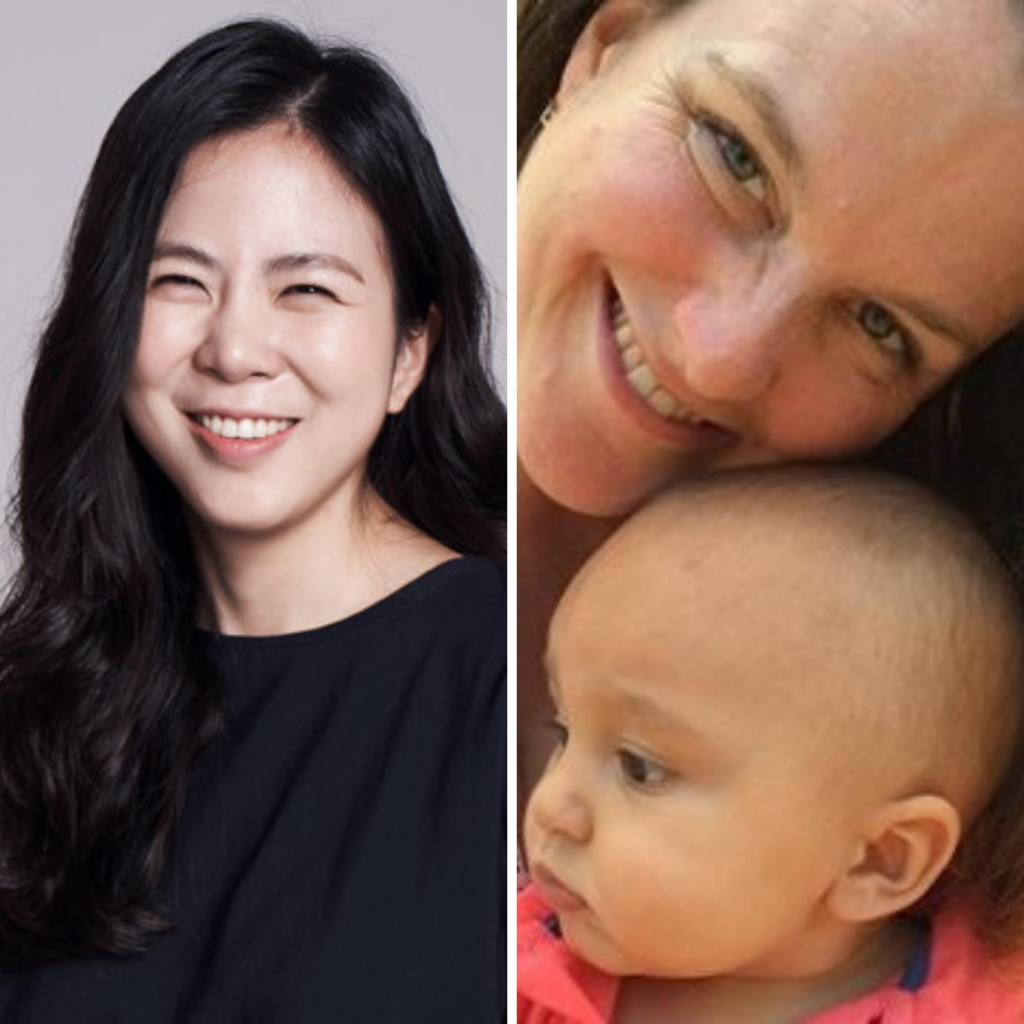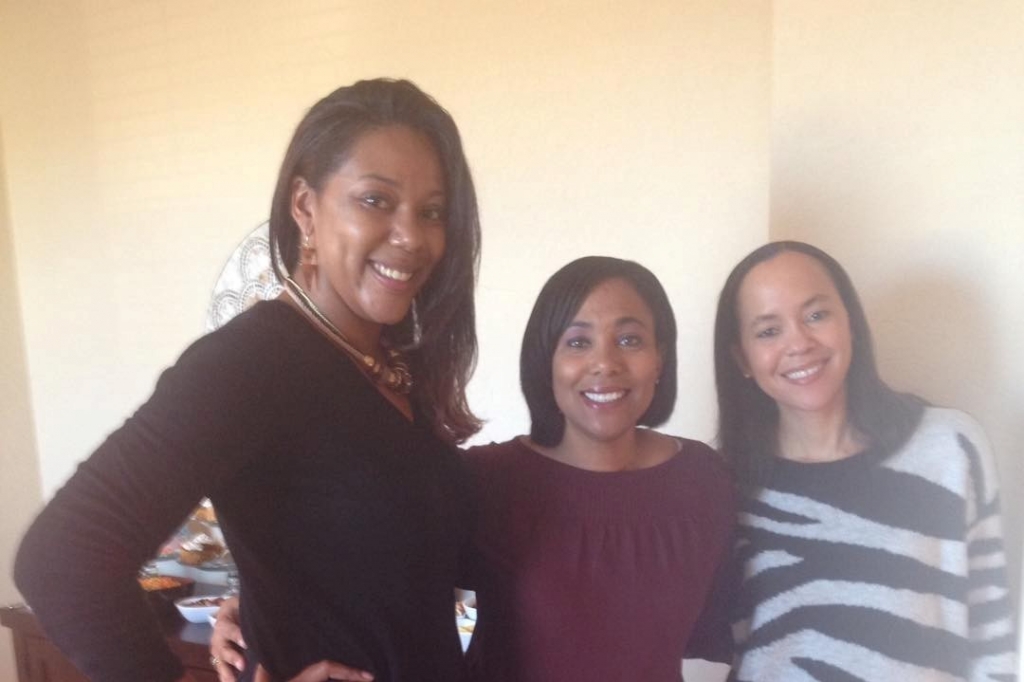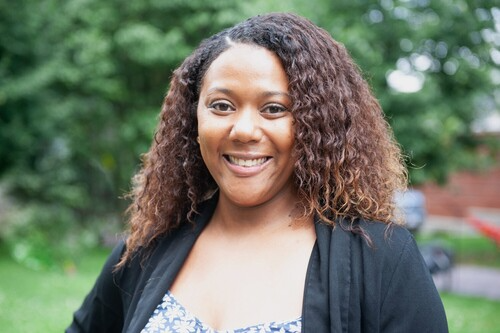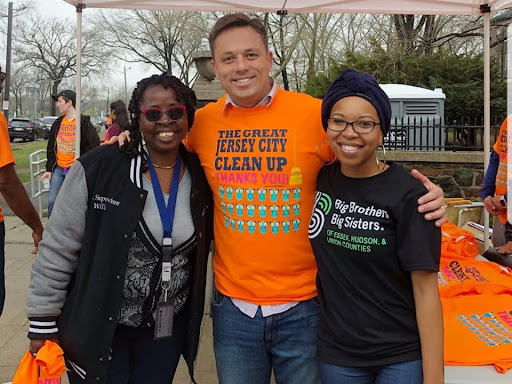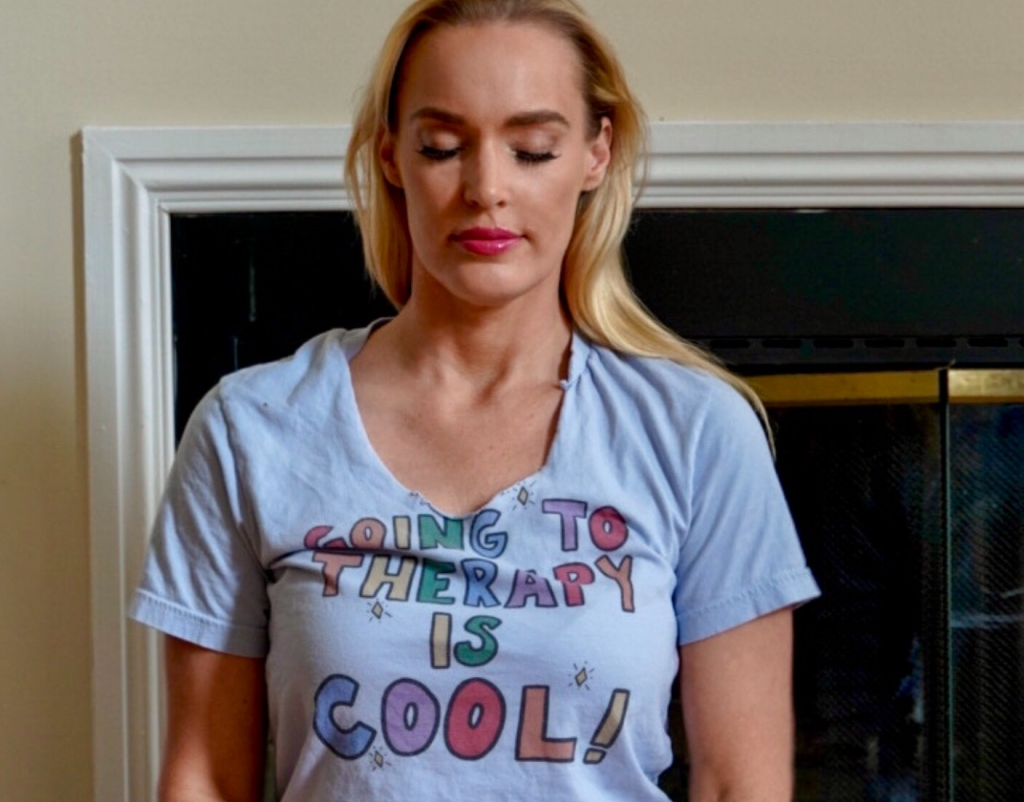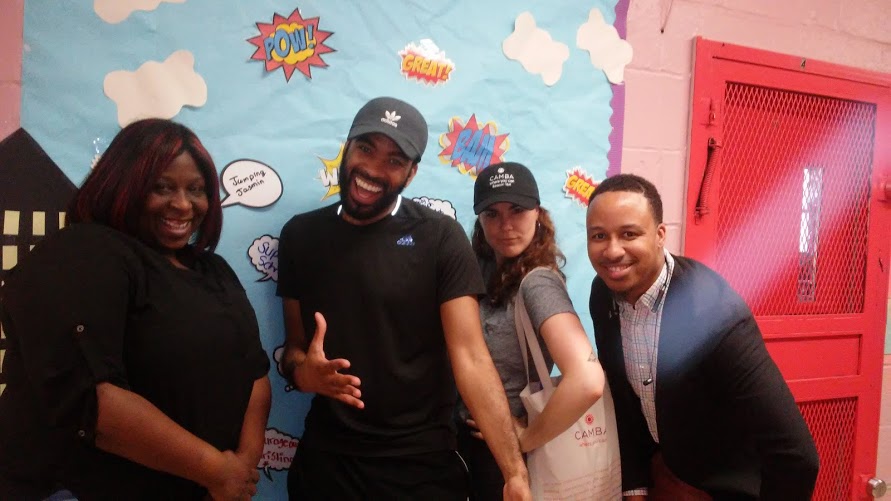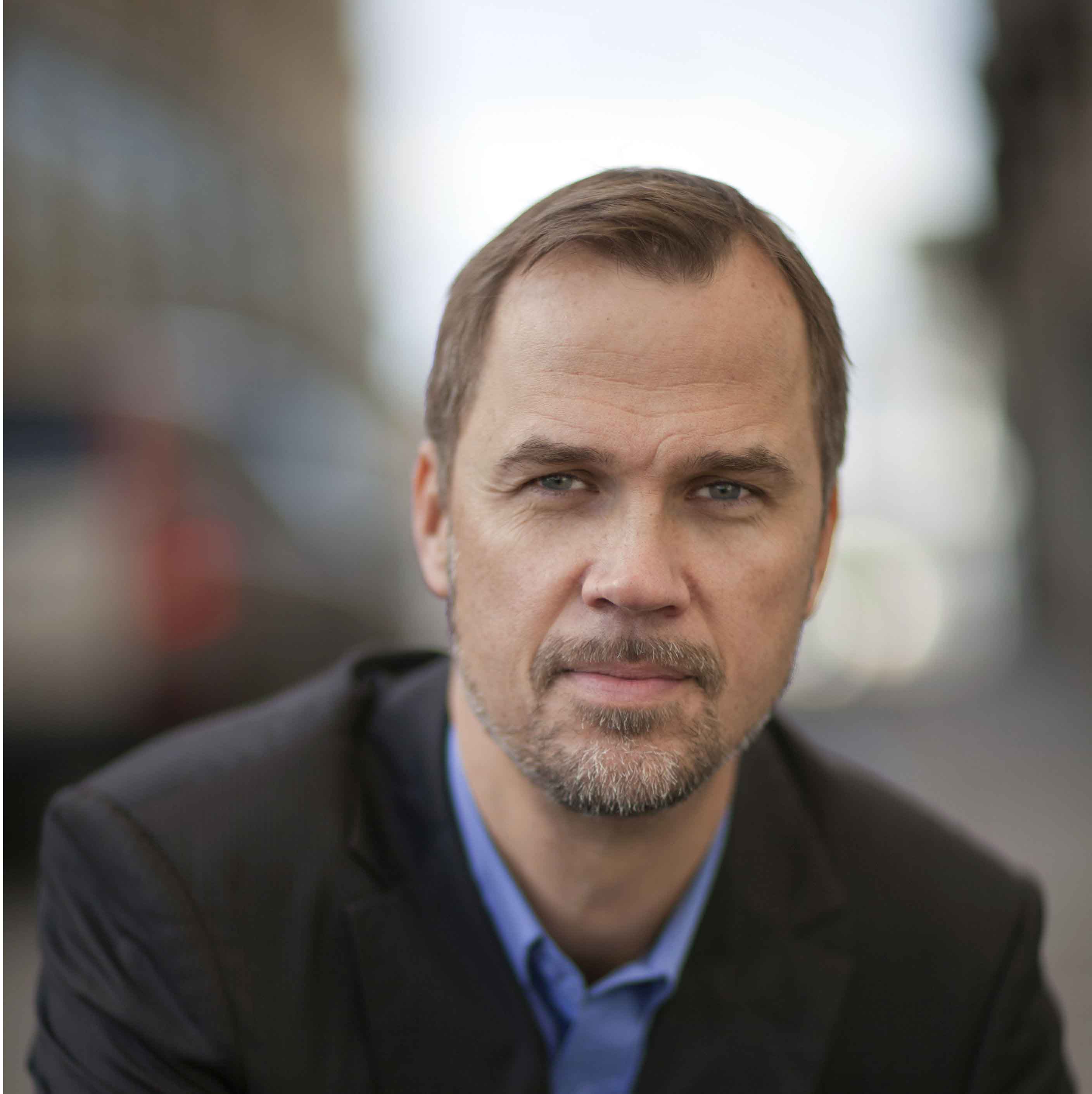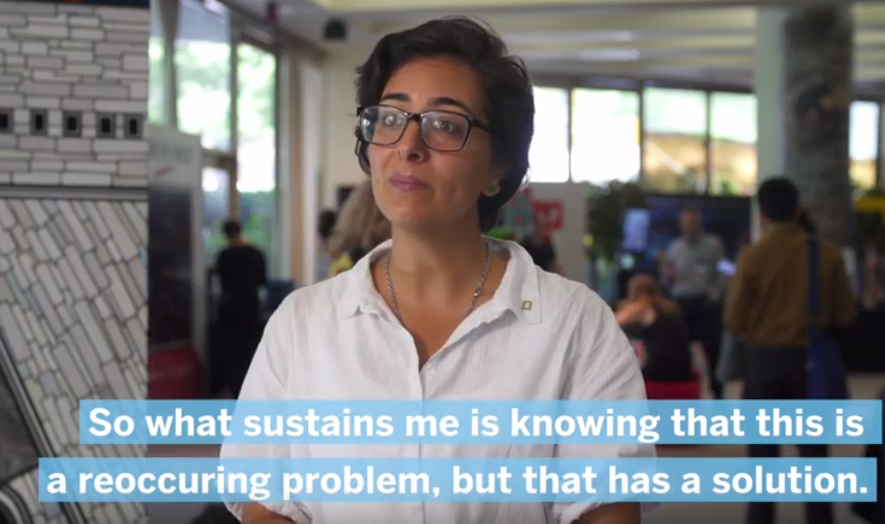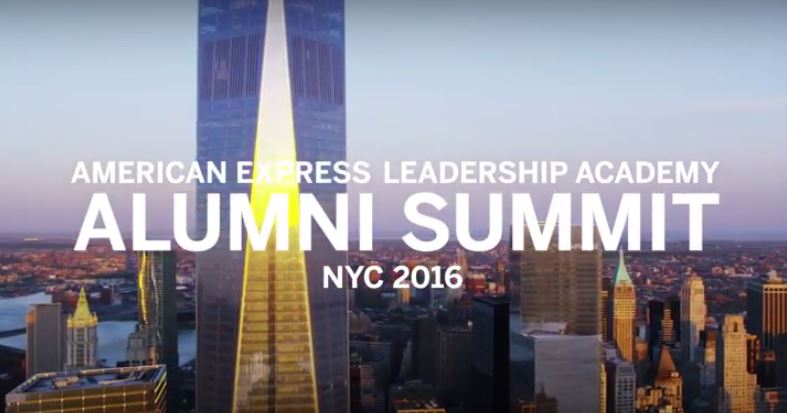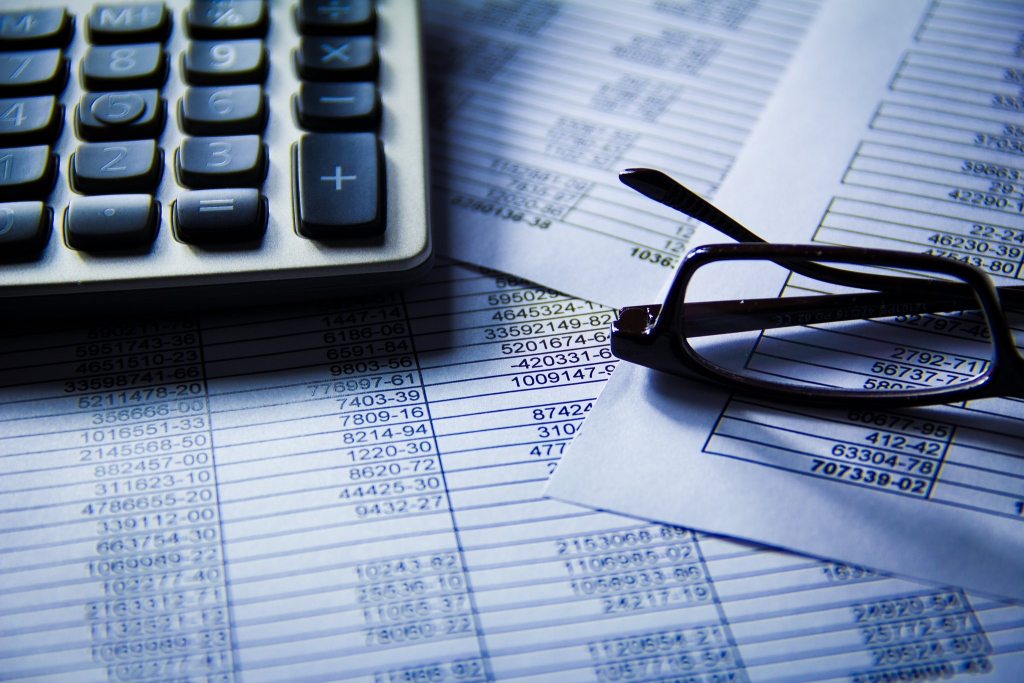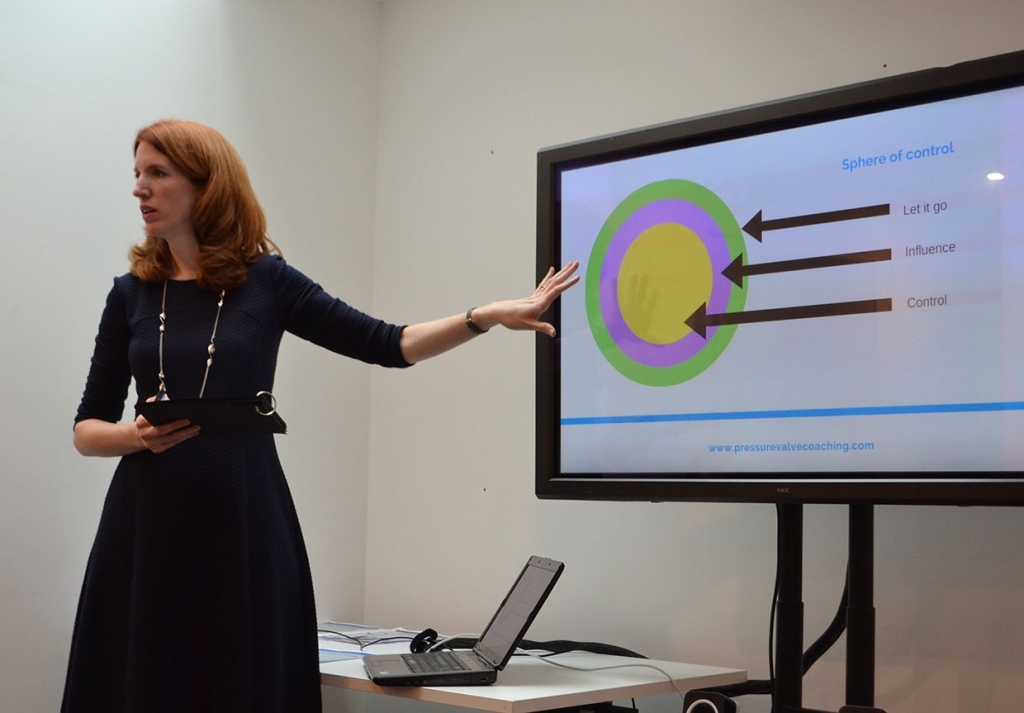
How can leaders find calm and patience when the stakes are so high?
I’ve always admired Julie Smith’s positivity and courage at helping global leaders and professionals with her coaching and facilitation. As the Founder of PressureValve Coaching, she helps professionals around the world achieve their career goals, career transitions, and networking skills from London. I knew the pandemic meant that she would be busier as more clients would need her support to manage anxiety, pressure and perspective in how to make better decisions when the stakes are so high.
 While Julie travels and offers in-person coaching and facilitation, she handles a large part of her work via video and phone. As someone who, like Julie, has clients around the world, I was curious about what patterns she is noticing, and what insights she has into how the epidemic is impacting leaders in different countries, especially in how they prioritize, make decisions, and pace themselves in this rapidly changing context. Here’s what she has to say.
While Julie travels and offers in-person coaching and facilitation, she handles a large part of her work via video and phone. As someone who, like Julie, has clients around the world, I was curious about what patterns she is noticing, and what insights she has into how the epidemic is impacting leaders in different countries, especially in how they prioritize, make decisions, and pace themselves in this rapidly changing context. Here’s what she has to say.
Q: What would you share with leaders who are scared about the pandemic?
JS: This is a moment of flux. We don’t know how long it may last but we know it won’t last forever. It’s wonderful to see how resourceful human beings have already been. Remember that you don’t have to have all the solutions yourself. Involve your team, your collaborators. Work together, one step at a time.
Q: Any advice for those who are new to remote working?
Try to keep a normal routine as much as possible. If you listen to podcasts on your commute to work, start your day with a podcast. Set a dedicated place to work. Ideally, a place that brings you joy and feels good so that you feel energized. And have a clear start and end to your day. Have a consistent end ritual so that you unplug, fully. If not, you may let your work creep in. For me, I close my laptop at the end of the day. That means the day has ended and I would focus on unplugging to be fully present the next day.
It’s also important to exercise and build that into your routine. You will no longer have the accidental coffee conversation with friends in the hallway or on your walk to the printer. It’s important to physically stand up from your desk and walk around to stretch, exercise and rest your brain for a bit. Also, incorporate how you socialize with others while you work from home. We are social beings so it's important that we make time to connect with others.
Q: I love that. Especially ending the day with a ritual. This is certainly changing the way we work and collaborate radically. What are things we as “for purpose” leaders can learn from this event?
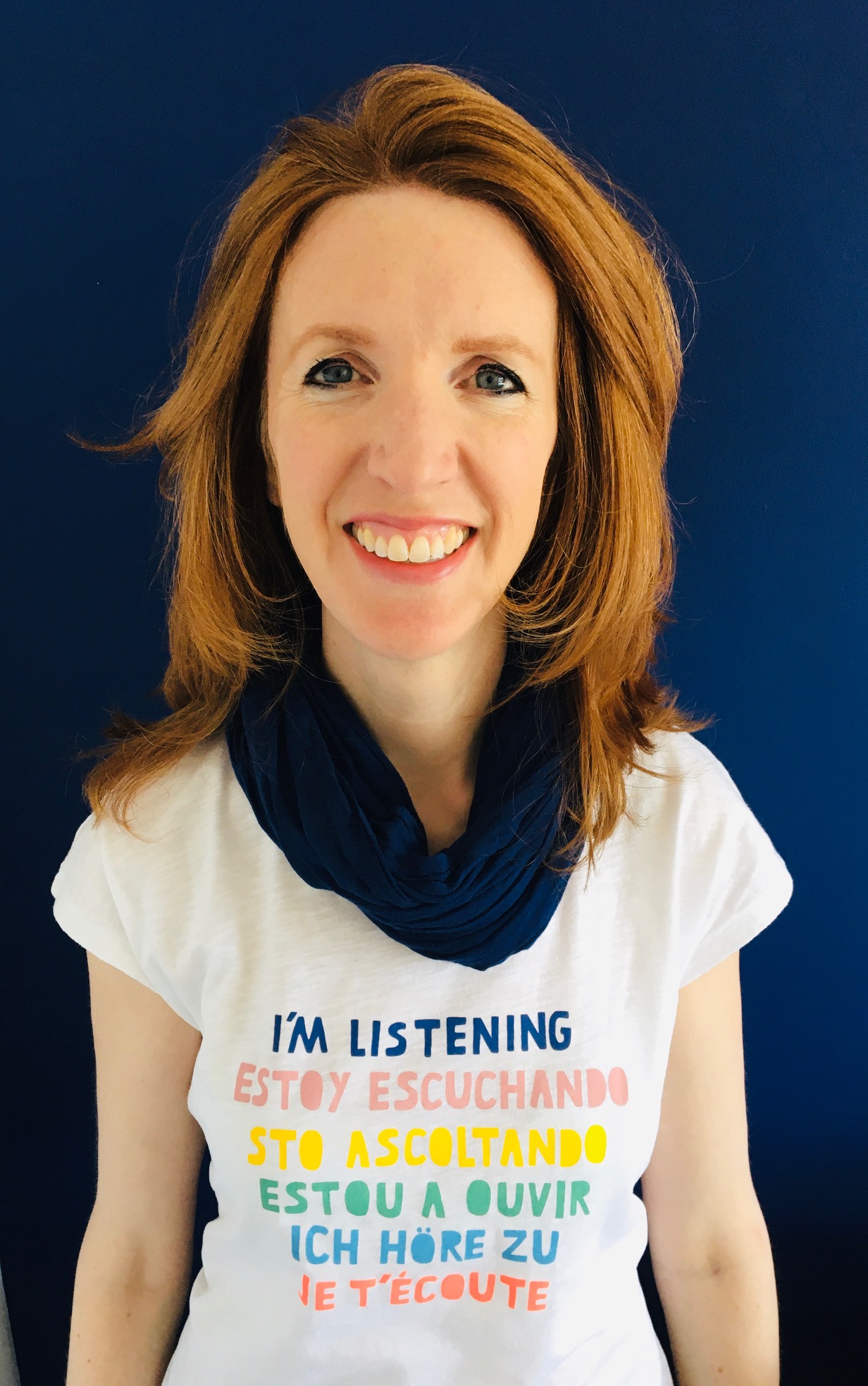 We absolutely need to learn.
We absolutely need to learn.
First, we’ll learn more about what flexible working means. For a long time I know a lot of organizations never thought they could work remotely. Now everyone is required to and has to find a way very quickly. In the long run, I hope this means the way we hire people will change. They don’t always have to come to the office full time to show value. Mothers who want to work but also need to do childcare who left full-time jobs before may be able to reenter the workforce at the same level, which is exciting. More companies will be able to find diverse talent everywhere because work will be remote accessible.
Second, we’re taking a moment to focus on what really matters. We’ve prided on being busy and consuming more before this incident. Now that we are asked to stop, why not take a moment to breathe and pause. Do we really need to buy this? Do we really need to do this project this way? We may learn to not only simplify the way we do things but also in how we buy things as a consumer and also how we spend our days. We’ll do less of things that are just not bringing joy.
Third, it’s amazing to see what creative solutions people are finding and I hope this will spark more innovation. Nursery is now done online and permitting parents to have sanity and space for child care. I’ve seen Cooking competitions online. Distance learning is making learning flexible. I hope through these new approaches we’ll reflect and think about what we should do more and less.
Q: What gives you hope despite this global crisis?
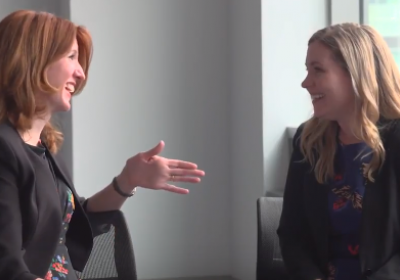 Compassion, empathy and kindness. I knew deep down if something were to happen people would come together but it’s amazing to see how people are right now. How they are stepping up to support one another, collaborating with one another and finding ways to support one another. It’s inspiring and something I certainly hope the world sees more and embraces more even after this.
Compassion, empathy and kindness. I knew deep down if something were to happen people would come together but it’s amazing to see how people are right now. How they are stepping up to support one another, collaborating with one another and finding ways to support one another. It’s inspiring and something I certainly hope the world sees more and embraces more even after this.
Q: Do you have any other advice to share with leaders as they seek wisdom in how they tackle this uncertainty ahead?
Ask how you can think differently about something instead of saying, “this is the way things are always done.” This is an opportunity for us to do things differently because we have to. Ask what we don’t need anymore and what rules may no longer apply in this new realm. And instead of adding more rules, take things apart and do less. There is no need to keep adding more. In our rush to problem-solve, we may unnecessarily add more things and end up creating a new bottleneck or a distraction.
Pause more. Journal when you feel challenges.
Find people you can call to think through challenges instead of letting them rattle in your head. Similar to the way we are having this conversation as friends.
Be mindful in how we communicate with each other. Word choices matter. Instead of “panic buying,” are you in fact stockpiling and planning for longer term?
Feeling a range of feelings is normal, so make space to process.
For me, the American Express Leadership Academy alumni group is a network I rely on and am grateful to have in times like this. In a way, this pause may permit us to connect with our global friends even more deeply, as we go back to the basics.
About Julie Smith
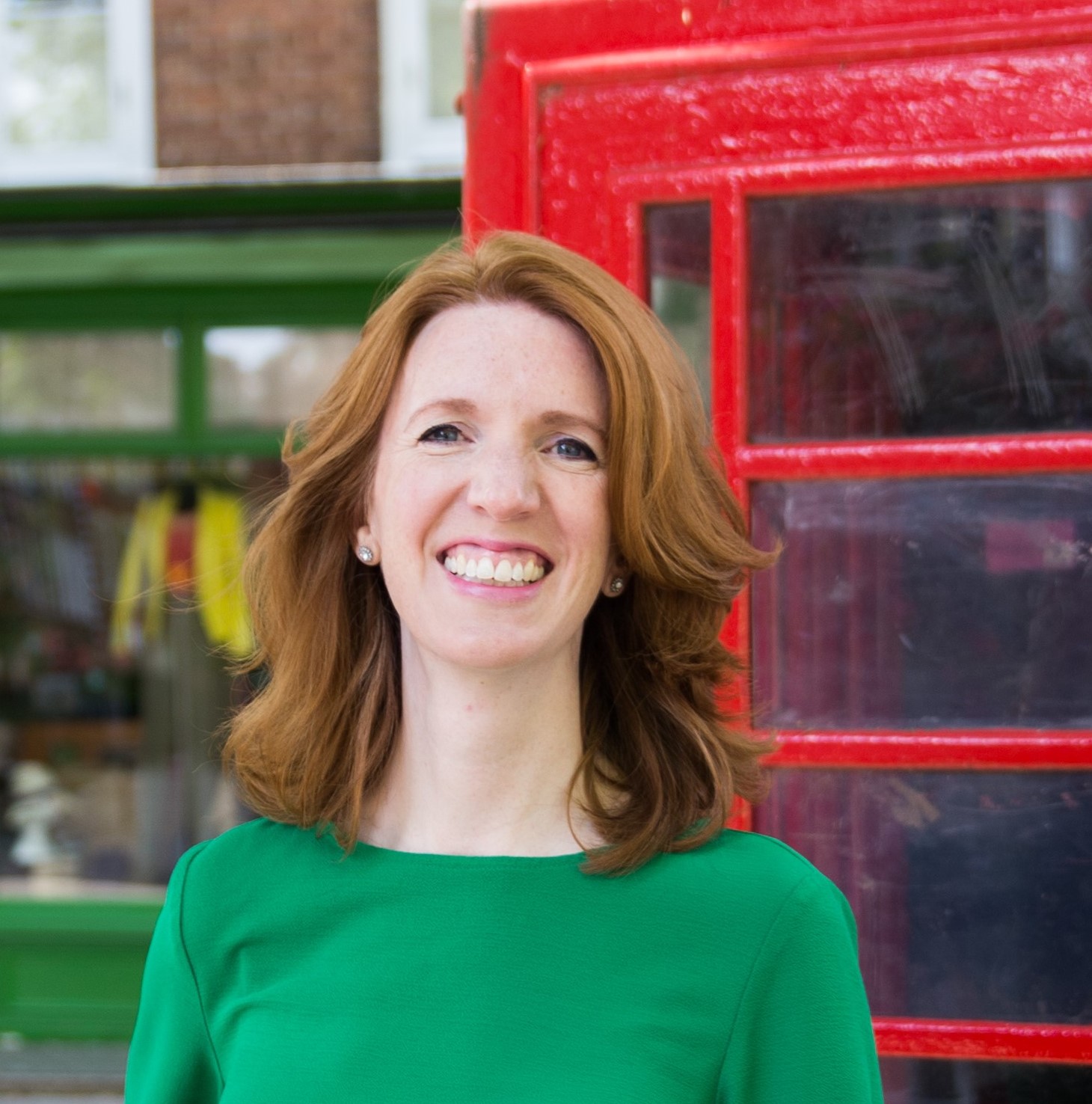 Julie Smith is a qualified executive coach and an experienced leader with 16+ years in management positions within the social purpose sector, including heading national training operations and an interim CEO post.
Julie Smith is a qualified executive coach and an experienced leader with 16+ years in management positions within the social purpose sector, including heading national training operations and an interim CEO post.
She now runs her own coaching business, as well as working on a range of projects for non-profits.
Her coaching clients include executives in the corporate and non-profit sectors, women seeking asylum in the U.K., and graduates at the start of their careers. Popular topics are: impostor syndrome, career transitions, managing-up, identifying strengths and confidence.
Julie also delivers coaching workshops on topics including: confidence, personal brand, motivation and team communication.
Previous projects include developing an accredited training program for community money mentors and increasing access to free debt advice for people with severe mental health conditions.
Julie plays an active role in the alumni network by:
• Chairing the Global Alumni Task-Force.
• Speaking at the London academies (2013 - 2019).
• Running the London chapter.
• Coaching fellow alumni.
• Collaborating with alumni on projects.
This article is part of our Insights for Uncertain Times series, featuring reflections and solutions from global leaders adapting to the COVID-19 pandemic. Learn more.

